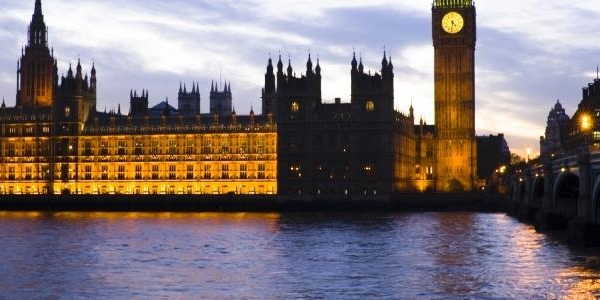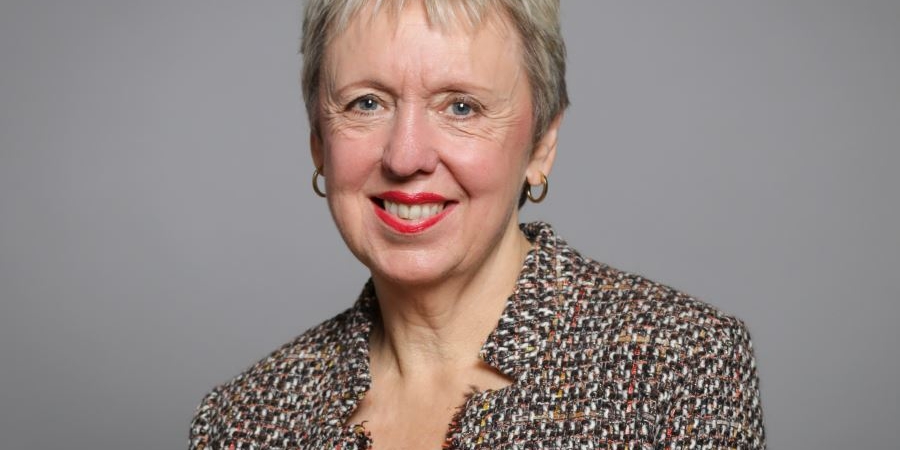Report shows rise in discrimination of Christians in Europe
Religious Liberty
A report published this week reveals the discrimination Christians face across Europe, with evidence of religious intolerance and discriminatory practices increasing across the continent.
The report by the Observatory on Intolerance and Discrimination Against Christians In Europe highlights how Christians experience blatant discrimination through hate crimes, such as bias-motivated offences against Christians and attacks on places of worship.
However, the Observatory also catalogues the ways in which Christians experience discrimination in other, sometimes less visible, ways such as through laws which interfere with freedom of expression, conscience and assembly, and practices which increase hostility against Christians. Often these instances are not catalogued or recognised as discriminatory practices by European state governments.
Hate speech laws
The report documents how Christians have their freedom of expression curbed through hate speech laws. These are ill-defined in law and legislation adopted by states often conflicts with this right, which is enshrined in Article 10 of the European Convention on Human Rights.
Across Europe some of the examples of these conflicts include Christian ministers being subject to criminal investigation for the content of their sermons on issues such as marriage, and street preachers being arrested.
Censorship zones
Another well-known example of discrimination of Christians highlighted in the report is the use of buffer zones outside abortion clinics, conflicting with the right to freedom of thought, conscience and religion, as well as the freedom of assembly.
One of the most concerning elements of the Public Services Protection Order introduced in Ealing, outside the Marie Stopes abortion clinic, is that it is so loosely worded that Christians face a criminal sanction if they pray within the censorship zone. Similar provisions are being considered in Germany and the Netherlands. To restrict a Christian from manifesting their faith through prayer is undeniably a severe attack upon the freedom to freely practice one’s religion.
Freedom of conscience
Perhaps one of the most disturbing cases of discriminatory practices against Christians is the infringement on Christian freedom of conscience.
There are clear examples across Europe of individuals in the medical profession being unable to practice conscientious objection. Recent legislation passed in Ireland requires medical professionals to refer patients for abortion, despite hundreds of doctors objecting to what will require them to cooperate in something they consider profoundly wrong. In Sweden, a midwife lost her case after she was refused a job at a hospital for declining to participate in abortions – thus meaning the profession is closed to Christians who conscientiously object to abortion.
Other prominent cases include Christians being sued if they refuse to supply contractual services which go against their conscience.
Fortunately, the Supreme Court in the Ashers Baking case made a distinction between refusing to provide a service to a customer with a protected characteristic and refusing to perform a service based on a conscientious objection. The objection was ‘the message not the man’.
However, this case is being appealed before the European Court of Human Rights and, as the Observatory notes, this has a ‘chilling effect’ that other bakeries will ‘either just agree to make a cake with a message they disapprove of, or to stop making custom cakes altogether.’
Wider discrimination
The report also comments on other forms of discrimination against Christians, such as Christian parents being unable to raise their children in line with their faith – seen recently with the withdrawal of opt-out in RSE in Great Britain.
Christians experience marginalisation through negative stereotyping in the media and university Christian groups being excluded or denied affiliation, particularly if they are pro-life.
Governments must do more
All of these examples paint a picture of widening and increasing discrimination and intolerance towards Christians throughout Europe.
The report calls on ‘people of good will’ not to tolerate hate incidents against Christians, in the same way that hate incidents are not tolerated against others. It also asks for employers to exercise reasonable accommodation of Christians amongst their staff and to accommodate conscientious objection.
Finally, it recommends that national governments ensure the rights to exercise freedom of religion, expression, assembly and conscientious objection. It calls for a re-examination of hate speech laws and to monitor the rise of intolerance and discrimination against Christians, ensuring they can fully participate in public life.
Find out more about recent developments on religious liberty on our election website, engaGE19.





Share story
Report shows rise in discrimination of Christians in Europe